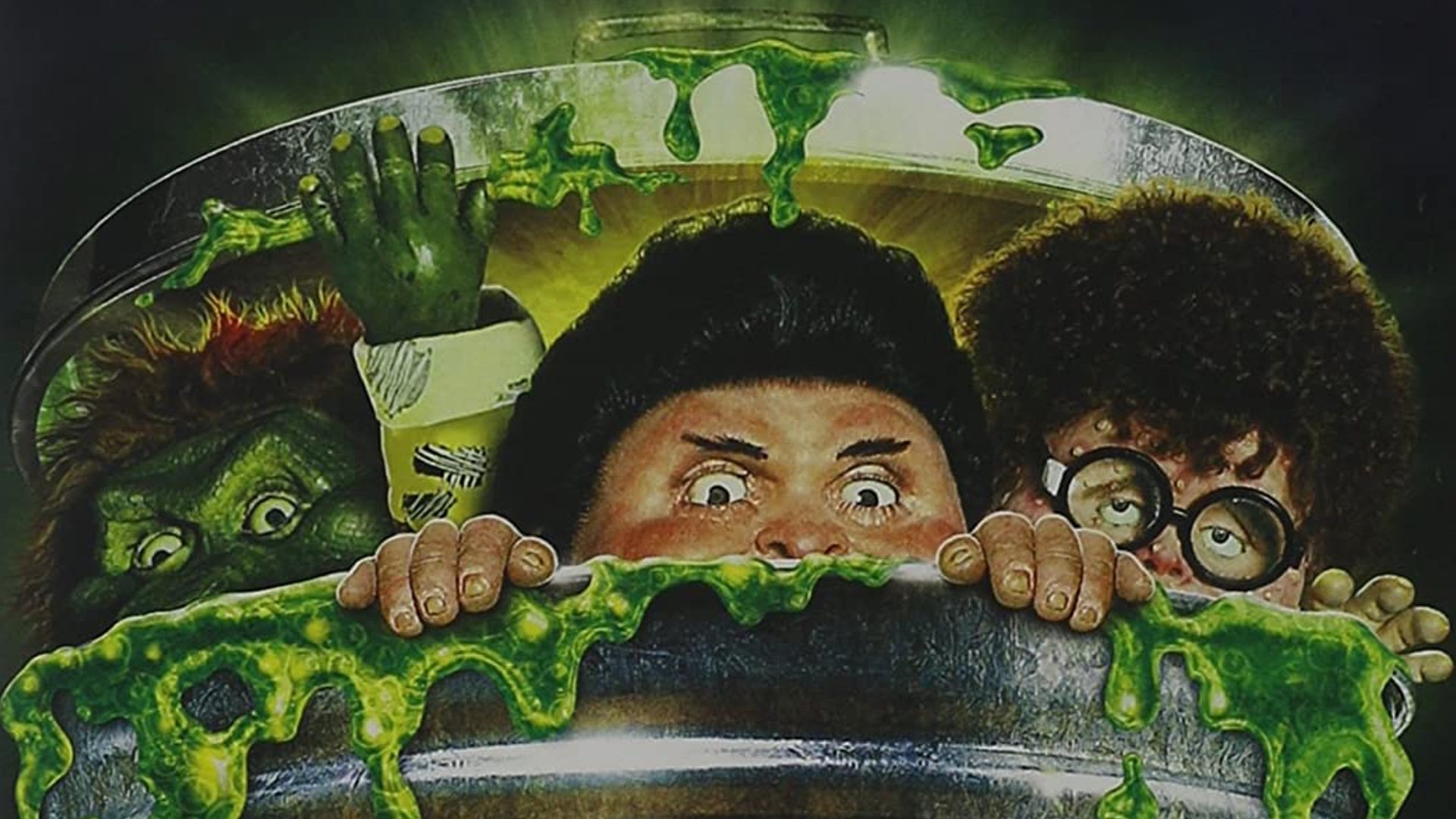
The recently released sixth episode of Secret Level, a popular streaming series, has sparked widespread discussion and controversy, reigniting the debate over political polarization and its impact on society. The episode’s ending, which involved a catastrophic event with far-reaching consequences, has left viewers grappling with the complexities of navigating a deeply divided political landscape.
This polarization has significant consequences, including:
- Increased social conflict: Heightened tensions between opposing political groups can lead to verbal and physical altercations, as well as social isolation.
- Political gridlock: Extreme polarization makes it challenging for elected officials to find common ground and compromise on policy issues.
- Erosion of trust in institutions: Public trust in government and other institutions declines as individuals view them as biased towards one political side.
In Secret Level Episode 6, the protagonist, Pac, finds himself caught in the crossfire of a political conflict between two factions: the Progressives and the Conservatives. Pac must choose a side, but the episode shows the consequences of both choices. If he aligns with the Progressives, he risks being seen as radical and jeopardizing the stability of society. If he joins the Conservatives, he may be complicit in their oppressive policies.
The episode’s ending presents a grim vision of the future where political polarization has spiraled out of control, resulting in a catastrophic event that affects everyone. The episode’s message is clear: political division has dangerous and far-reaching consequences.
The ending of Secret Level Episode 6 has garnered both praise and criticism.
Supporters argue that the episode accurately portrays the dangers of political polarization and its potential to derail society. They believe the episode serves as a cautionary tale about the importance of finding common ground and avoiding extreme ideologies.
Critics, however, argue that the episode oversimplifies the complexities of political polarization. They suggest that the ending paints a dystopian picture that is not reflective of reality and that it could exacerbate existing political tensions.
While Secret Level Episode 6 may not fully capture the nuances of political polarization, it raises important questions about the societal impact of such divisions. By presenting a stark and alarming vision of the future, the episode encourages reflection and dialogue on the dangers of political extremism.
Research suggests that political polarization can lead to a decline in trust, cooperation, and empathy among individuals of different political affiliations. This can have detrimental effects on social cohesion and political discourse.
However, it is essential to recognize that political polarization is a multifaceted issue with various contributing factors, including economic inequality, social media echo chambers, and historical events. Addressing the underlying causes of polarization requires a comprehensive approach involving political reforms, media literacy education, and efforts to promote constructive dialogue.
The ending of Secret Level Episode 6 has ignited a necessary conversation about the complexities of political polarization and its societal implications. While the episode’s depiction of the future may be extreme, it underscores the urgency of addressing this issue. By fostering empathy and understanding across political divides, we can work towards a more cohesive and just society.
Political polarization presents a formidable challenge, but it is not insurmountable. Through open dialogue, critical thinking, and a commitment to finding common ground, we can mitigate its detrimental effects and build a more inclusive and sustainable future for all.
